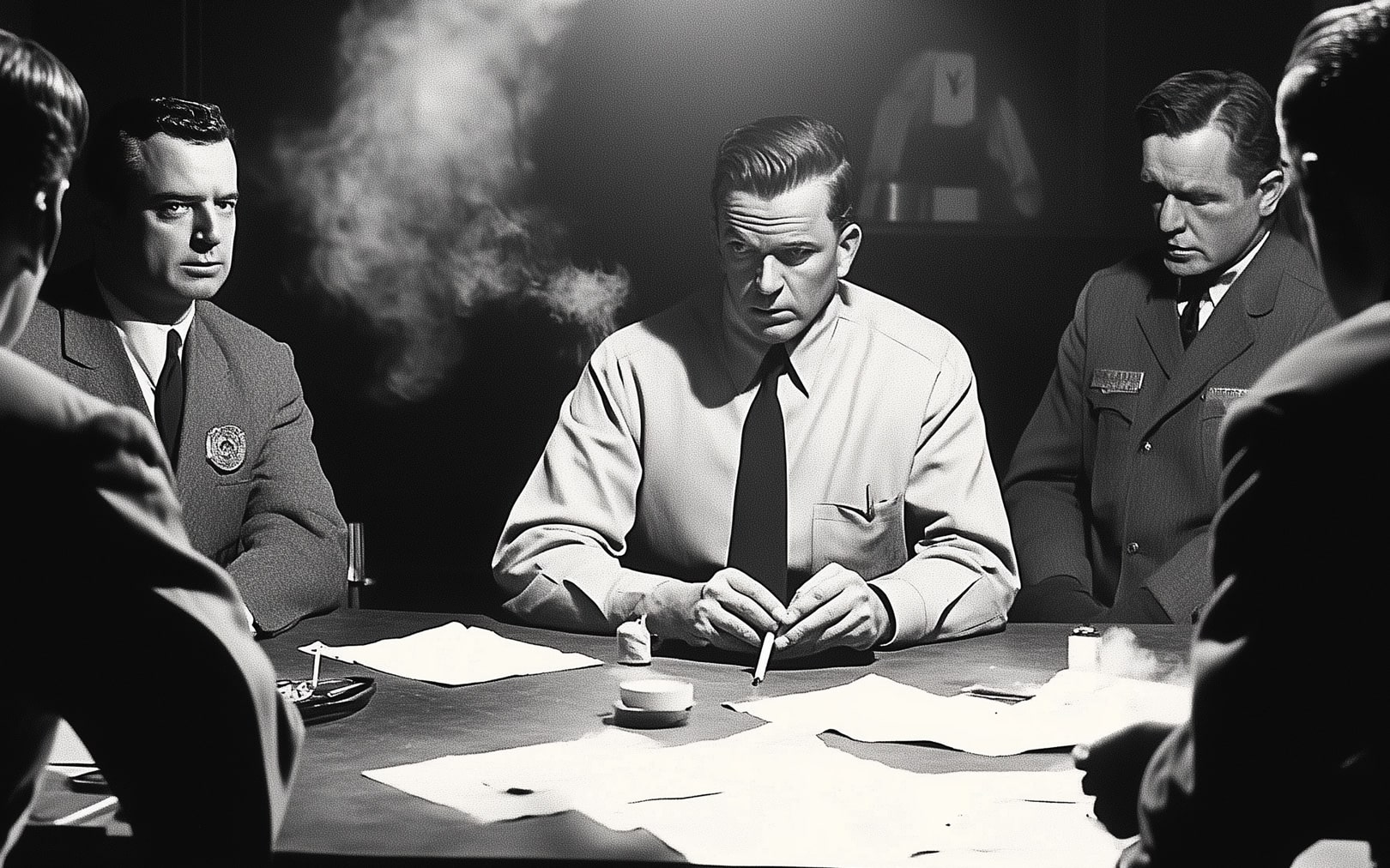Research

Antiquated Police Training
Police training has long relied on coercive interrogation tactics — like assuming guilt, reading body language, and lying about evidence — to get confessions. But these methods are rooted in pseudoscience and have led to countless false confessions. It’s time to trade outdated practices for science-based interviewing that’s focused on getting to the truth.

The Lie About Lie Detection
For decades, police officers have been trained to detect lies by interpreting body language cues like fidgeting or avoiding eye contact. However, scientific research consistently shows that such nonverbal behaviors are unreliable indicators of deception. Relying on these flawed techniques can lead to confirmation bias and increase the risk of false confessions. Science-based interviewing advocates for evidence-backed methods that prioritize open-ended questions and rapport-building over attempting to “read” suspects.

Behavioral Analysis Interview
The Behavioral Analysis Interview teaches cops to spot lies based on nervous behaviors—but the science says that doesn’t work. This article breaks down why the BAI is flawed and how it can lead investigators down the wrong path.